Edge Computing vs. Cloud Computing: Which is Best for Your Business?
Explore the differences between Edge Computing and Cloud Computing, their benefits, and how ITCS.sa helps businesses choose the right solution for their needs in the digital transformation era.
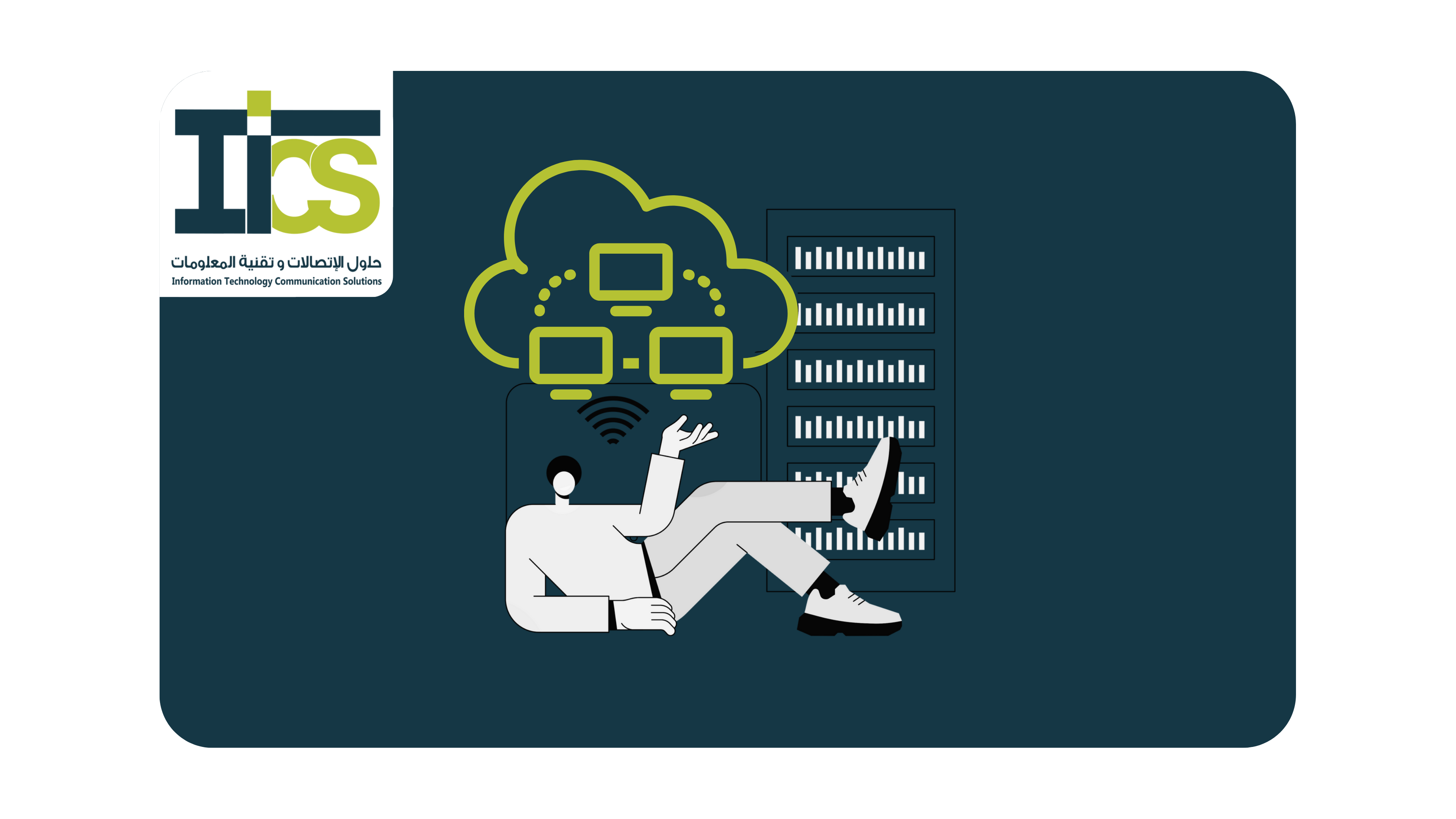
As businesses depend more on digital transformation, the discussion between Edge Computing and Cloud Computing has become more relevant. While both technologies offer efficient data processing and storage solutions, they serve different needs. Choosing the right way depends on factors such as speed, scalability, and security. In this blog, we’ll compare Edge and Cloud Computing, their benefits, and how ITCS.sa helps businesses implement the best solution for their needs.
What is Edge Computing?
Edge Computing is a decentralized method that processes data closer to the source (e.g., IoT devices, sensors, or local servers) rather than sending it to far away cloud data center.
Benefits of Edge Computing:
- Reduced Latency: Data is processed closer to its source, improving response times for real-time applications.
- Lower Bandwidth Usage: Reduces the need for sending large amounts of data to the cloud, saving costs.
- Improved Security & Privacy: Sensitive data can be processed locally, reducing revelation to cyber threats.
- Better Reliability: Works efficiently even in areas with poor internet connectivity.
Best Use Cases for Edge Computing:
- Smart Cities & IoT Applications.
- Industrial Automation & Manufacturing.
- Real-time Data Processing (e.g., Autonomous Vehicles, AI-driven Applications).
- Healthcare & Remote Patient Monitoring.
What is Cloud Computing?
Cloud Computing provides remote storage, computing power, and software applications over the internet, allowing businesses to access resources on demand.
Benefits of Cloud Computing:
- Scalability: Businesses can scale resources up or down as needed without investing in hardware.
- Cost Efficiency: Reduces the need for maintaining on-premises infrastructure.
- Remote Accessibility: Enables employees to access data and applications from anywhere.
- Advanced Security & Backup Solutions: Cloud providers offer built-in security measures and disaster recovery options.
Best Use Cases for Cloud Computing:
- Enterprise Data Storage & Backup.
- SaaS (Software as a Service) Applications
- AI & Big Data Analytics.
- E-commerce Platforms & Web Hosting.
How ITCS.sa Helps Your Business Choose the Right Solution
At ITCS.sa, we understand that businesses have unique computing needs. Our services include:
- Expert Consultation: We analyze your business requirements and recommend the best computing approach.
- Edge & Cloud Solutions: We provide top-tier infrastructure and services specially designed to your needs.
- smooth Integration: Our team ensures smooth deployment of Edge or Cloud Computing for optimal performance.
- Ongoing Support & Security: We offer continuous monitoring, maintenance, and cybersecurity solutions.
Conclusion
Both Edge Computing and Cloud Computing have their strengths, and the right choice depends on your business needs. If you require real-time processing and lower latency, Edge Computing is the way to go. If scalability and cost efficiency are your priority, Cloud Computing is the better option. At ITCS.sa, we help businesses implement the best technology to improve efficiency and performance.
Contact ITCS.sa today to find the best computing solution for your business and stay ahead in the digital period.



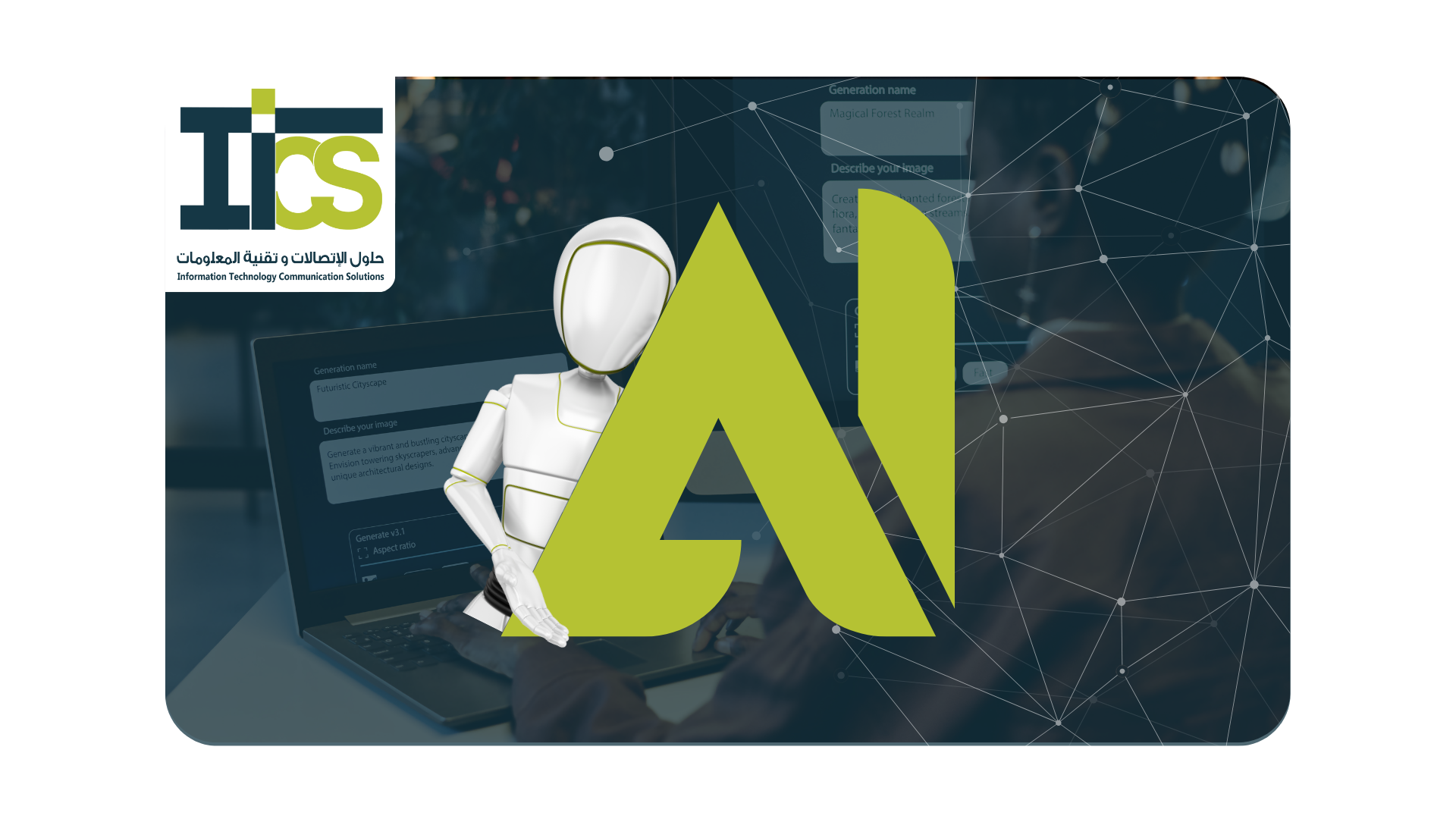
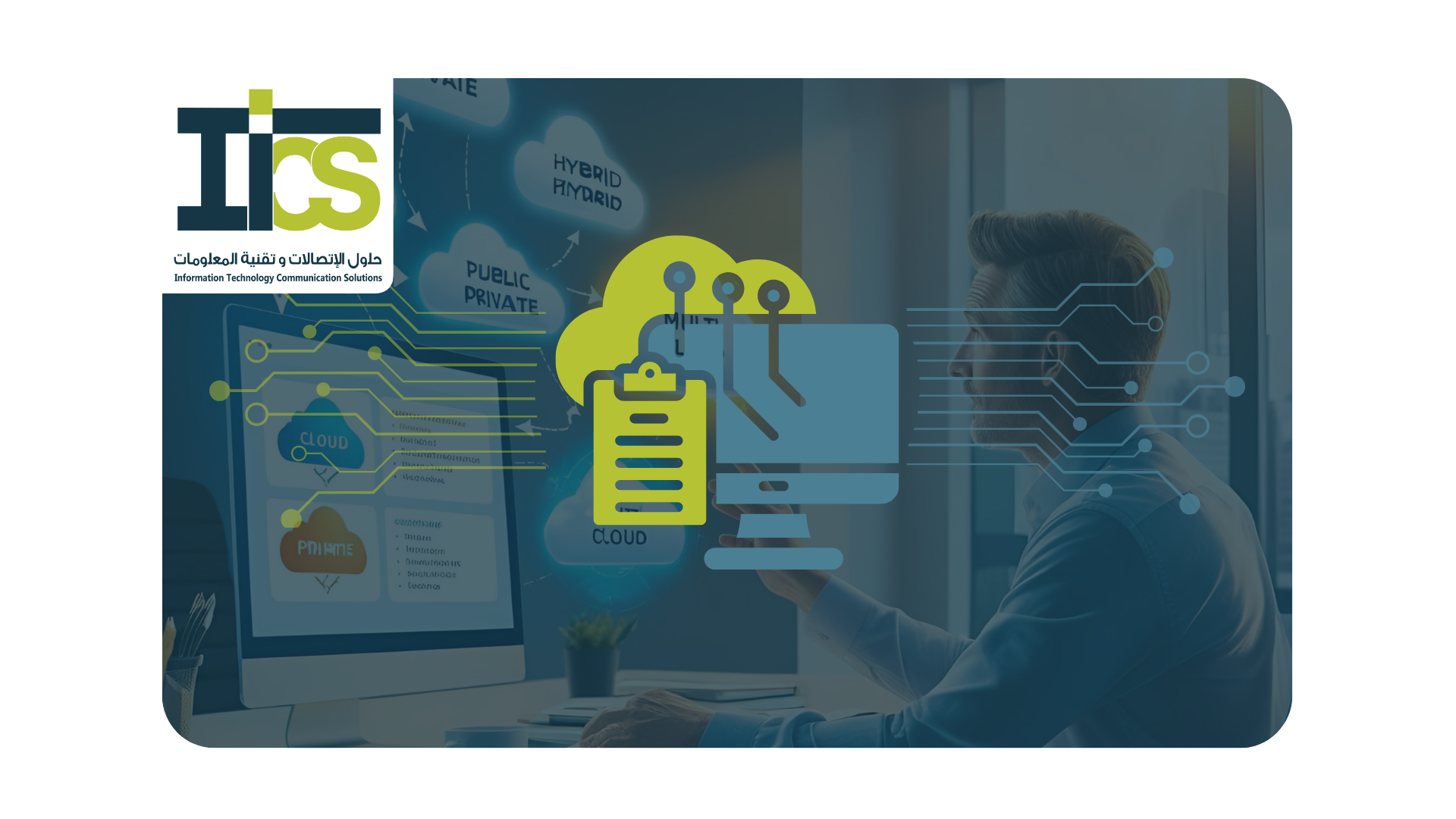
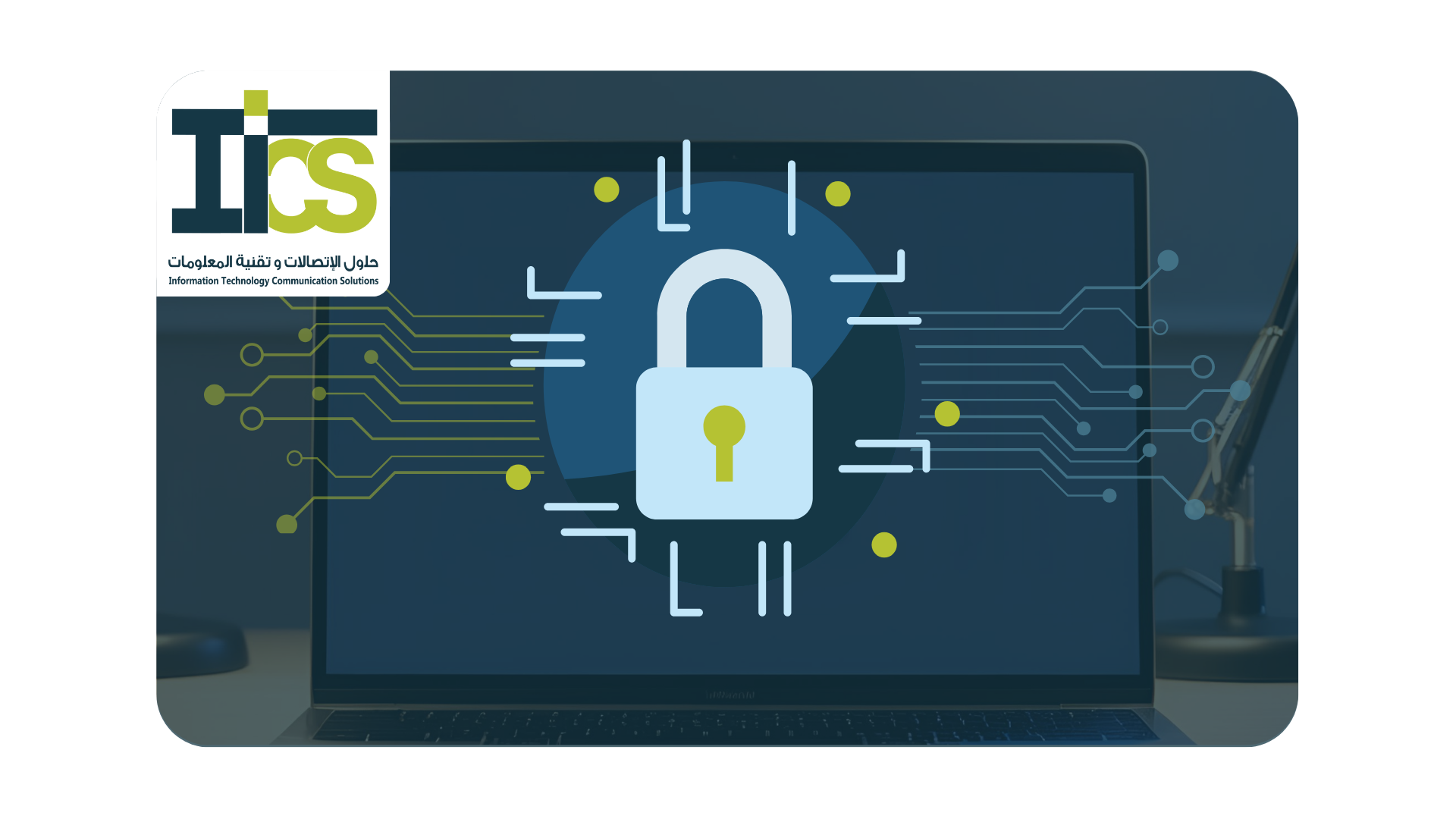
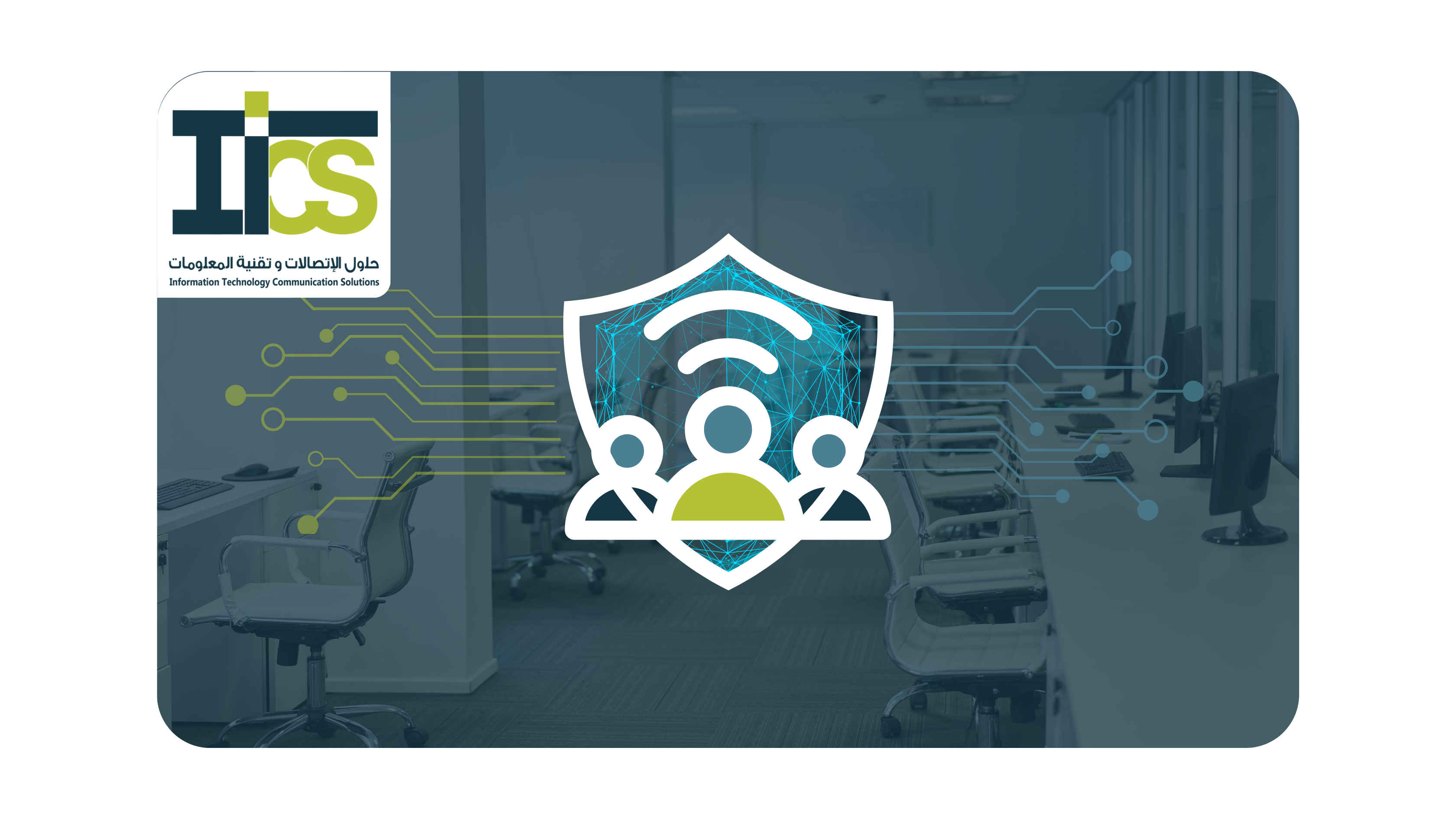
No approved comments yet. Be the first to comment!